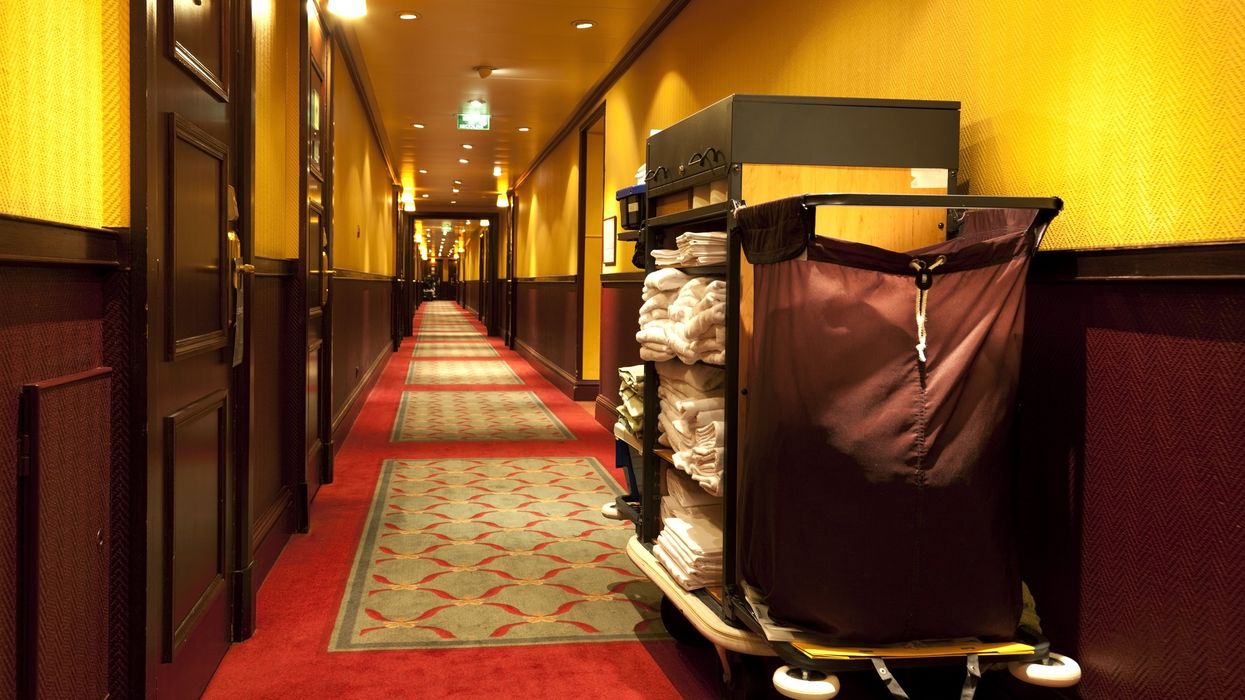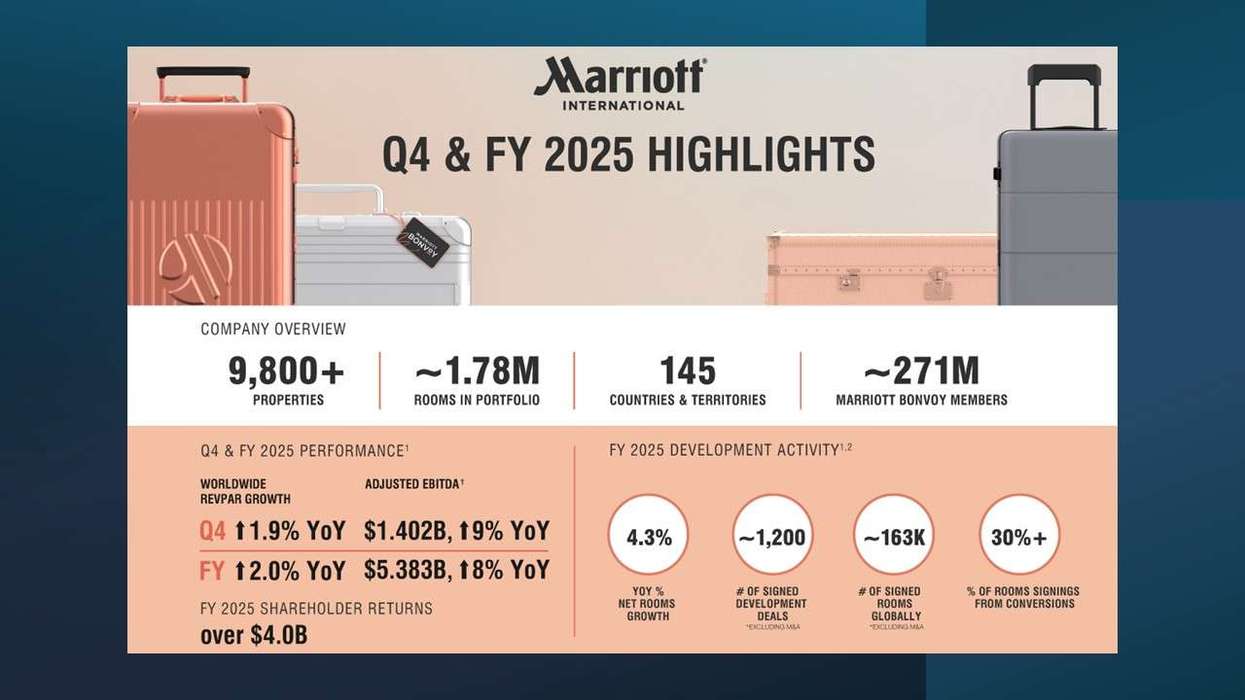THERE HAS BEEN mixed response to the trend of making housekeeping an on-request deliverable rather than a standard service, according to HotStats. The hotel industry might take a cue from top brands to decide on this in the future.
Housekeeping labor on a per-available-room basis remains down across the globe, but it is showing some signs of a resurgence as demand is back, HotStats said in a blog post. The suspension of daily housekeeping was a strategy to limit guests and staff against exposure to COVID-19, but it was deemed a money saver, limiting housekeeper hours.
Hilton was the first one to introduce it, later most brands followed. Now, many hotels are doing away with daily cleanings. Some brands such as Omni Hotels & Resorts, are still offering full cleanings by request. Omni, like most other hotels, are also presenting the option of partial cleanings, which entail a refresh of towels and trash removal, the blog post added.
Last year, Omni introduced “Opt Out to Help Out,” program which gave guests an opportunity to opting out of housekeeping services. Omni donated a meal to Feeding America in exchange.
“Some say that the move to on-request housekeeping is one in what could be a cascade of services and amenities unbundling, similar to how the airlines operate, where there is a cost attached to various things that used to be complimentary,” said HotStats.
Michael Doyle, managing director and executive vice president at asset manager CHMWarnick, has said that there has certainly been a benefit in the reduction in stay-over cleanings.
“When we look at housekeeping hours, and equate them to a productivity metric, the overall savings is 14 percent. However, while there’s a short-term benefit of productivity, the long-term impact isn’t there, because we’ve had to increase wages to attract personnel for housekeeping and other functions. Those higher wages will offset the savings,” Doyle said. “Housekeeping changes could lead to a 100- to 200-basis-point savings and that would impact the performance of hotels. However, the labor shortage and extra training housekeepers need now after not cleaning rooms for all of this time is preventing the productivity rate from being higher.”
However, Doyle flagged the issue of guest tolerance.
“While many leisure travelers are astute, they have a different level of tolerance than corporate guests, who want everything back to where it was pre-pandemic,” he said.
Jordan Bell, VP of Hotel Operations and Management Consulting at advisory firm hotelAVE, has revealed that seven properties, which introduced on-demand housekeeping, achieved a 10.1 percent productivity improvement in all positions of the rooms division in Q1 2021 compared to same period two years ago.
“We’re hearing of significant cross-utilization due to labor shortages over the past year, where salaried managers and employees from other areas of the hotel are pitching in to clean rooms on busy days. This has the effect of artificially boosting rooms productivity while reported managerial labor stays relatively flat and productivity in other areas is potentially adversely affected,” he said.
According to Bell, brands need to stay consistent as some markets may support on-demand housekeeping but some others won’t.
“There was a gradual evolution from changing the linen every night to green programs with occasional changing, and I honestly wonder, will stay-over service go that route. It’s likely going to take one brand to take the step and then others will figure out how to move around that. It’s not clear that it’s a keep or cut decision; there are a number of permutations involving the scope, frequency, additional fees, etc. that could take shape and give each brand a little room to execute the best fit for their guests,” he pointed out.
Earlier this month, HotStats reported that the performance of U.S. hotels is improving month by month despite the disruption created by the Delta variant of COVID-19.





